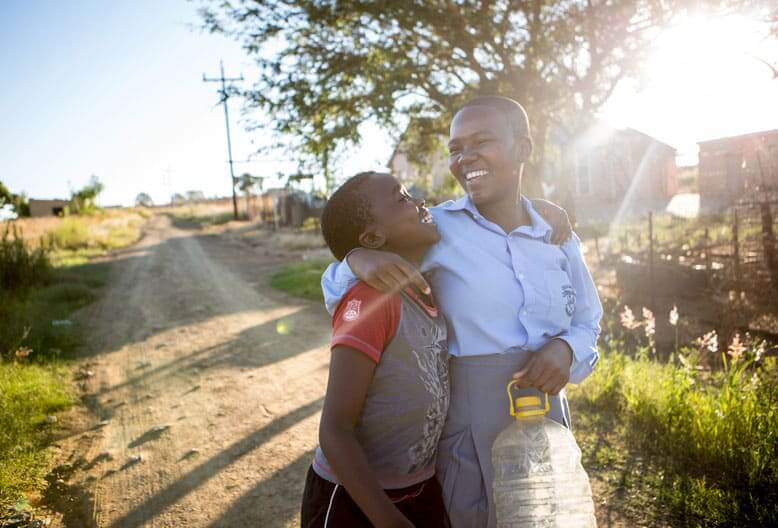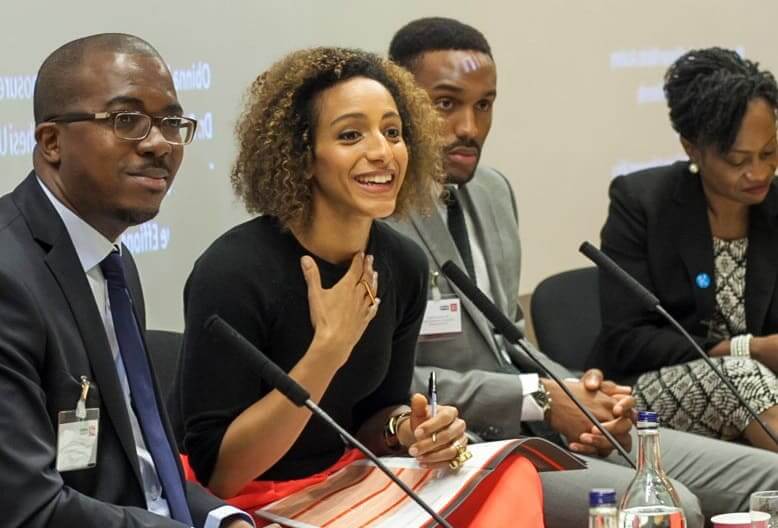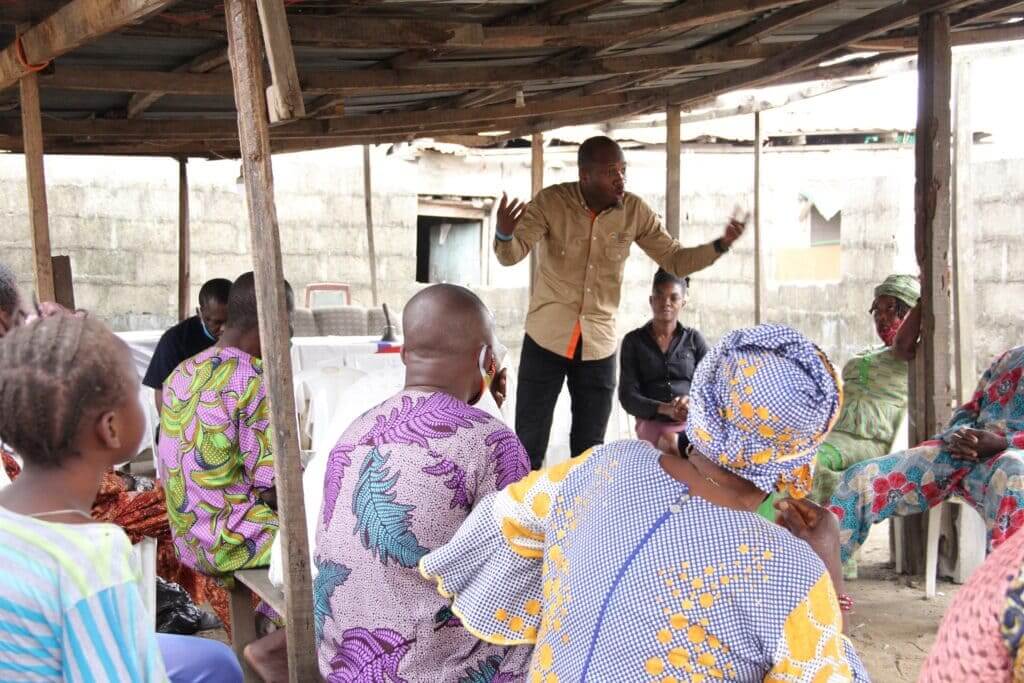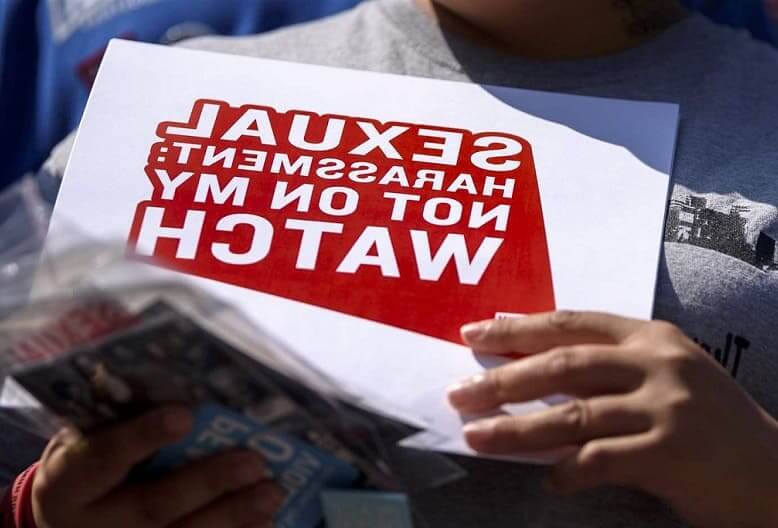Cameroon is a country in a cycle of crisis. Long standing differences between the central administration and the periphery have lead to a brutal conflict between government forces and Boko Haram in the Far North Region and Anglophone separatists (Ambazonians) in the North West and South West Regions. Since President Paul Biya declared war against the Boko Haram sect and the Anglophone separatists Hundreds of thousands of innocent people have been displaced. Thousands have equally been brutally killed. Some people have disappeared without a trace. We have evidence to suggest most of these persons were abducted by government forces. Several evidences of extrajudicial killings by Cameroon forces have emerged since 2016 and have steadily worsened till date. This has gone a long way to underscore the severity of the countries troubles. But as municipal and parliamentary elections approach in February 2020, tensions have soared. Government has dispatched hundreds of troops to add to the thousands that have been fighting in the North West and South West against Anglophone separatists. Our analysis is that February will be one of the bloodiest since the begging of Cameroons political woes.
The Cameroons Peoples Democratic Movement (CPDM) which has been the ruling the country since 1985 under Cameroons long time president for 37 years Paul Biya, is the favorite to get the most votes according to internal polling sources. This is so even though presently popular opinion among citizens at home and abroad is that the CPDM has outlived its purpose and for 36 years has derailed the country and plunged it in to political, social and economic ruin. The CPDM government has famously rigged past elections both presidential and parliamentary for decades. In 1992, the country plunged in to political chaos after Paul Biya national President of the CPDM political party was declared winner of the elections over John Fru Ndi was popularly voted for. Since then the government have constantly militarized the entire country to quell post election revolts. The difference is this time around the Anglophones are being forced at gun point to vote, which is a clear violation of their human rights.
The Cameroonian economy has been hard hit by the crisis in the Northern regions and North and South West Regions. This is especially so since the Cameroon Development Cooperation (CDC) crumbled at the hands of separatists, followed by PAMOL, and other major food exporting companies. The main oil producing company SONARA also stopped production after a fire incident which completely burnt the its production facilities. Foreign creditors continue to hesitate borrowing money to Cameroon due to its very poor credit rating. The biggest blow came when the United States of America decided to suspend Cameroon from the Africa Growth and Opportunity Act (AGOA). Cameroon is a country with enormous economic potentials but due to political upheavals and heightened corruption the economy has been ruined.
Most Cameroonians live in poverty, and the country ranks among the twenty-five worst in the world on Transparency International Corruption Perception Index. The disconnect between the narratives of stability and progress and those of desperation and disenfranchisement is so profound.
Unlike many long serving leaders, Paul Biya is not an omnipresent part of Cameroonians day-to-day realities. Criticized as an “absentee” president because of his frequent and long stays abroad, Biya operates at a figurative and often literal remove from his constituents. His cabinet rarely meets, and his stated reason for always seeking new terms of political office as president of the country is simply that the peoples “overwhelming calls” have demanded he do so. A bold new approach to address what the country is sick of seems unlikely to be forthcoming. Yet the country’s opposition is deeply fractured. There are more than 200 political parties in Cameroon. Most of which are mushroom parties that only seem to exist during election periods. The majority of these parties always end up signing up to support the ruling CPDM part of Paul Biya.
The very systems of democratic representation and accountability of debate and coalition building that should be working to reconcile the country seem hopelessly broken. Perhaps it’s no surprise that some are reaching for radical solutions like secession. Cameroon seems to be experiencing not just an absence of effective leadership, but a total failure of political, economic and social stability.
By Nche Tala Published: 20th January 2020




